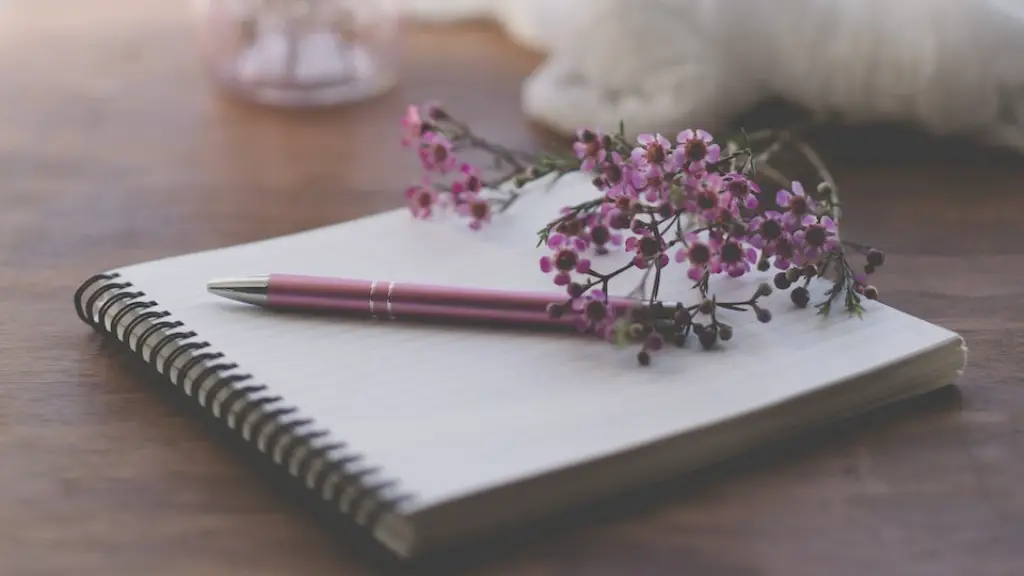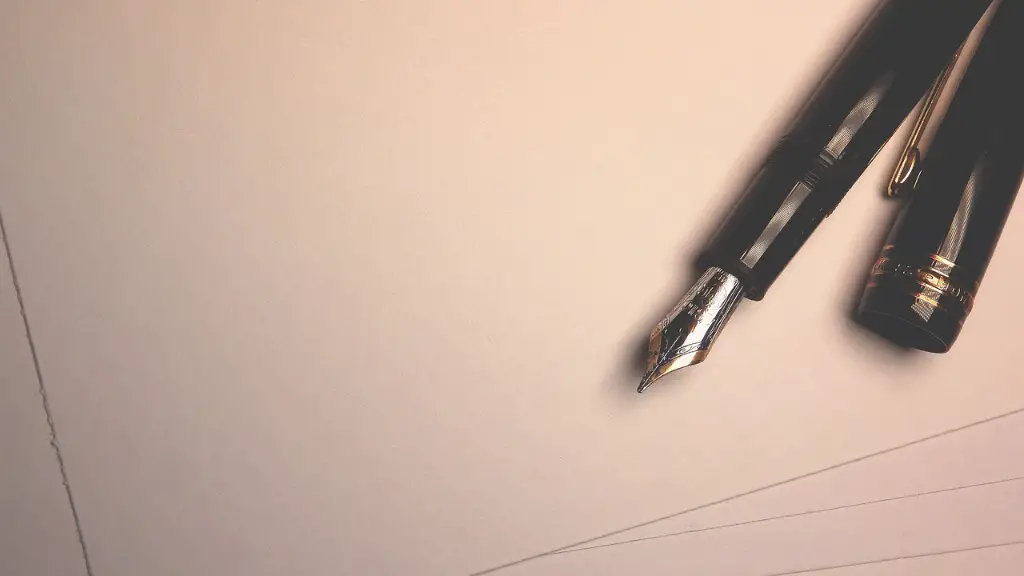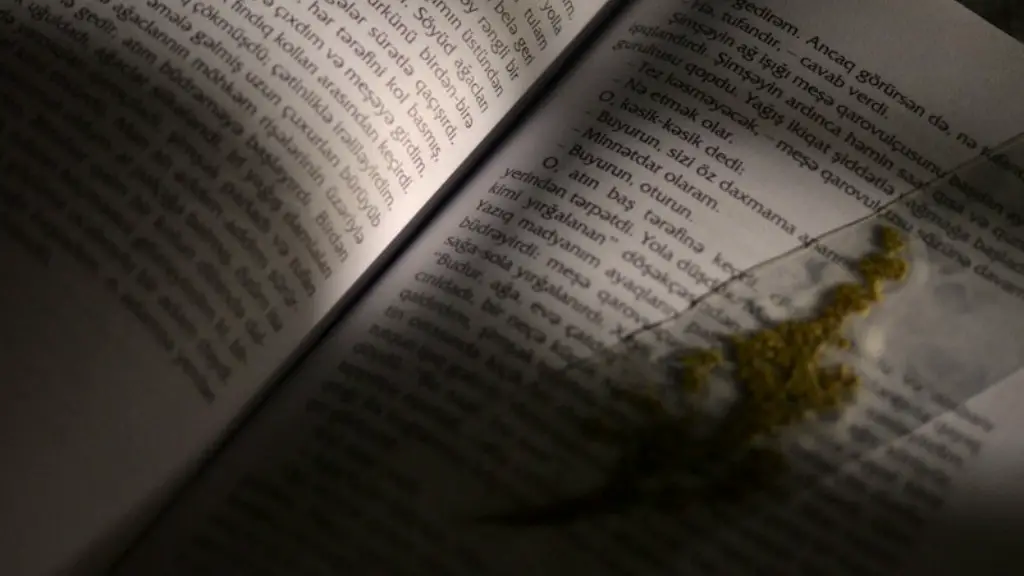Definition of Spoken Word Poetry
Spoken word poetry is a form of literary art that combines performance and literature and can be broadly described as spoken language improvised or structured in some way, including elements of rhythm and rhyme. It is typically used to convey a story or a message, and is sometimes accompanied by music or sound effects. Spoken word poetry is often thought to be a highly creative and profound form of expression, and is sometimes considered a tool for social and political activism.
Does Spoken Word Poetry Have to Rhyme?
The short answer is no, spoken word poetry does not have to rhyme. Rhyme can be an important component of poetic structure, providing a sense of rhythm and depth that is often used to emphasize specific words or to create memorable sound patterns. Rhyme is by no means essential for spoken word poetry, however, and there are many examples of successful spoken word poems that don’t utilize any rhyming schemes.
In fact, spoken word poets often choose not to rhyme their poems. Rhyme can be difficult to master and may not suit the poem’s topic, interfere with the flow of thought, or detract from the overall impact of the poem. Spoken word poets also have to consider their audience and the circumstances in which their poem will be presented, and rhyme may simply not be appropriate.
Why Spoken Word Poetry Does Not Have to Rhyme
The primary reason why spoken word poetry does not have to rhyme is because it can be effective without it. Rhyme can help to create a memorable and powerful poem, but it can also be limiting and overly formulaic. A spoken word poem is more likely to be successful if it has a strong structure and powerful words that convey emotion and meaning, rather than relying on rhyme as a crutch.
Additionally, spoken word poetry does not usually follow a strict set of rules. This allows for greater flexibility and creativity, which can be especially advantageous when composing a poem without rhyme. A spoken word poem without rhyme can be a powerful and moving form of expression, and there are many examples of spoken word poems that employ non-rhyming structures to great effect.
The Benefits of Non-Rhyming in Spoken Word Poetry
The primary benefit of avoiding rhyme in spoken word poetry is that it allows the poet greater freedom to communicate in an expressive and meaningful way. Non-rhyming spoken word poems can be more impactful than those with traditional rhyme schemes, as they can be far more varied and creative. Poets can use various techniques such as symbolism and metaphors to convey subtle messages that rhyme may obscure.
The use of non-rhyming structures in spoken word poetry also allows for greater versatility and can make a poem stand out from the crowd. As spoken word poets often perform their works in public, a non-rhyming poem can make a lasting impression on an audience and be remembered for its uniqueness.
Tips for Writing Non-Rhyming Poems
If you’re writing a spoken word poem without rhyme, there are some tips to keep in mind. First, remain focused on the message or story you’re trying to convey and make sure that the words and structure are appropriate for the purpose of the poem. Second, use strong imagery and vivid language wherever possible to create memorable and powerful images that will remain with your audience.
Finally, take your time and refine your poem. Read it over several times and make adjustments where necessary. Doing so will ensure that your poem is effective and accomplishes what you intended it to do.
Conclusion
In conclusion, spoken word poetry does not have to rhyme, although it can be a powerful stylistic feature. Non-rhyming poems can be just as effective and allow for greater creativity and versatility. With the right approach and focus, spoken word poets can craft unique, impactful spoken word poems without rhyme.


